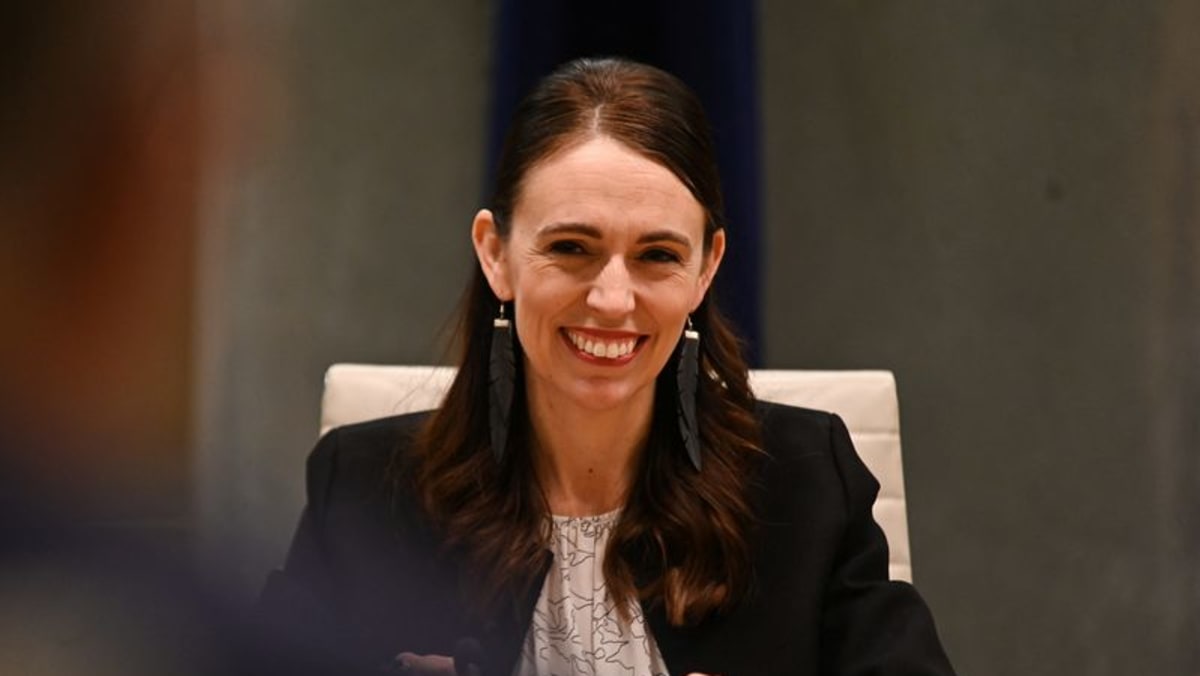Jacinda Ardern’s resignation resonates for women in power
WELLINGTON: Thursday’s (Jan 19) shock resignation of New Zealand Prime Minister Jacinda Ardern, who altered the face of global politics when she was elected the world’s youngest female head of state, throws a spotlight on the punishing demands faced by women in power.
Holding back tears as she made her declaration, the 42-year-old politician said she had next to nothing left “in the tank” and it was time to step aside after a challenging five-and-a-half years in office.
“Politicians are human,” she said. “We give all that we can, for as long as we can, and then it’s time. And for me, it’s time.”
But the remarks that followed were more revealing, said Anne-Marie Brady, a professor of politics at New Zealand’s University of Canterbury.
Directly addressing her family in her speech, Ardern said she was looking forward to being around when her young daughter Neve started school soon, and finally marrying her partner Clarke.
“She was just very upfront and relatable,” added Brady. “I think any young woman that has grown up in this era where we can have it all, yes, but actually we still have our heart connections to our loved ones.”
Women have been liberated but “patriarchal institutions” have not evolved enough to support family life, she said.
“We need people like Jacinda Ardern in politics. So, her situation is cause for reflection about what we can do more to support women in politics, and men and their family life too,” Brady added.
During her time in office, Ardern has not been afraid to break the mould, becoming the first prime minister since Pakistan’s Benazir Bhutto to have a baby in the job and then take maternity leave.
A politician who campaigned on making tertiary education partially free, tackling child poverty and decriminalising abortion, Ardern has also called out blatant sexism in politics.
After meeting Finnish Prime Minister Sanna Marin last November, she dismissed a suggestion by reporters that their similar age and gender was the reason for the meeting.
“She shifted the face of politics globally just by being her,” said Marian Baird, a professor of gender and employment relations at the University of Sydney.
“I think she has been a bit of a model for younger female politicians and perhaps even younger male politicians who want to present in a different way,” she said. “Certainly she really challenges the male stereotype of being a prime minister.”
For all the latest world News Click Here

